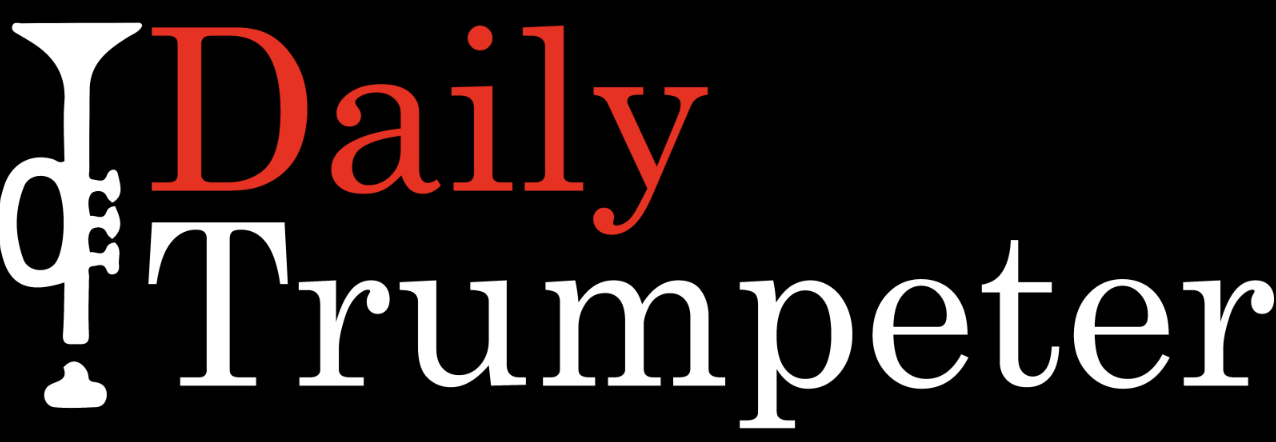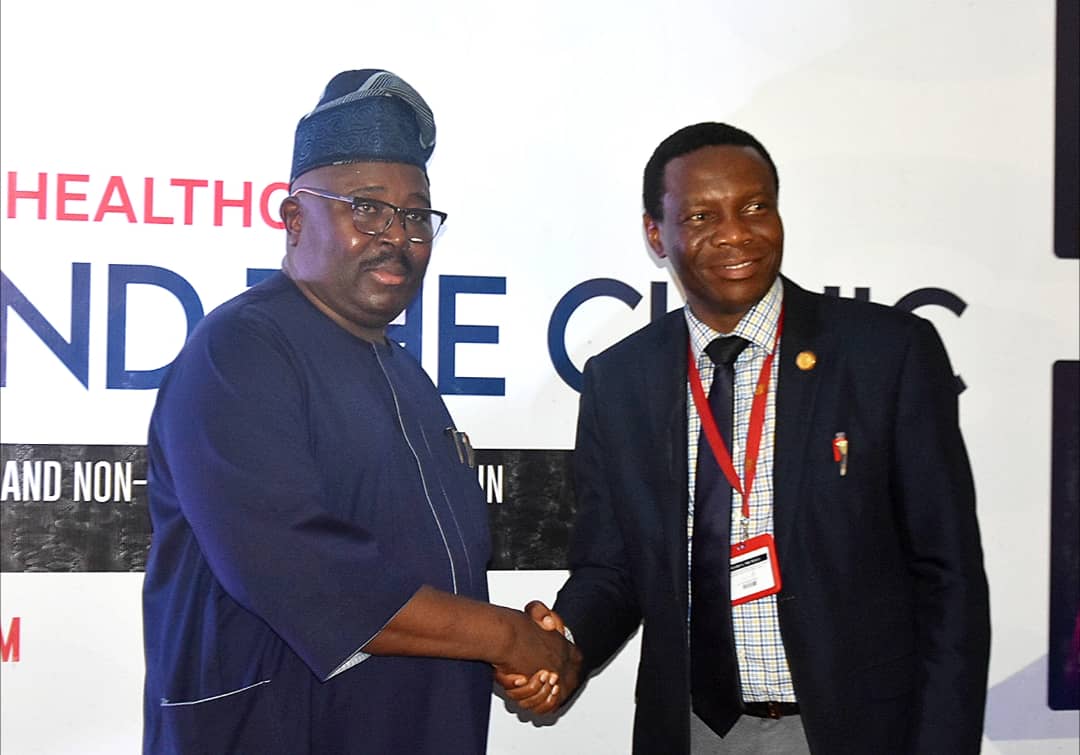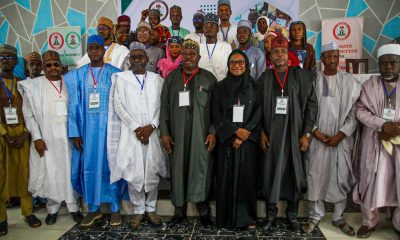Health
Senator Alli advocates strengthened healthcare laws, equitable access to quality services
Senator Sharafadeen Alli (APC-Oyo South), has called for a stronger legal framework to drive critical improvements in healthcare delivery across Nigeria.
He made the call on Thursday in Ibadan during a lecture organised by the University College Hospital (UCH) Students Association.
His lecture was titled, “The Intersection of Law and Health in Nigeria : Shaping Healthcare Policies, Regulating Medical Practices, and Ensuring Equitable Access to Quality Healthcare Services.”
The lawmaker emphasised the role of strengthened laws in building an equitable and effective healthcare system.
“Enforcing these laws effectively is crucial to maintain patient safety and public trust in the healthcare system,” he said.
Alli identified key areas where healthcare laws can bolster health system efficiency, especially in policy strengthening, medical practice regulation, and promoting equitable access to quality services.
He noted that while laws like the National Health Act (2014) exist, gaps remained in addressing modern challenges like mental health and non-communicable diseases, which require urgent attention.
To achieve Universal Health Coverage (UHC), Alli urged for comprehensive legal reforms, particularly expanding the National Health Insurance Scheme (NHIS) to cover low-income earners and informal workers.
He stressed that increased government funding for the NHIS is crucial, as it would reduce out-of-pocket expenses and improve access to essential healthcare for all Nigerians.
“Healthcare regulatory bodies, including Medical and Dental Council of Nigeria (MDCN) as well as Nursing and Midwifery Council of Nigeria (NMCN) must receive increased funding and personnel to enforce healthcare laws more effectively,” he said.
Alli also called for educational campaigns to empower patients, especially from marginalised communities, on their healthcare rights, enhancing accountability in healthcare delivery.
“When patients understand their rights, they are in a better position to demand quality care and accountability from healthcare providers,” he said.
The lawmaker urged collaboration among stakeholders, stressing that holistic reforms are essential for a resilient healthcare system that respects Nigerians’ rights and addresses diverse health challenges.
“Our legal frameworks must evolve to tackle current and future health challenges,” Alli stated.
He stressed the importance of these agencies in maintaining standards and ensuring ethical practices in medical professions.





















